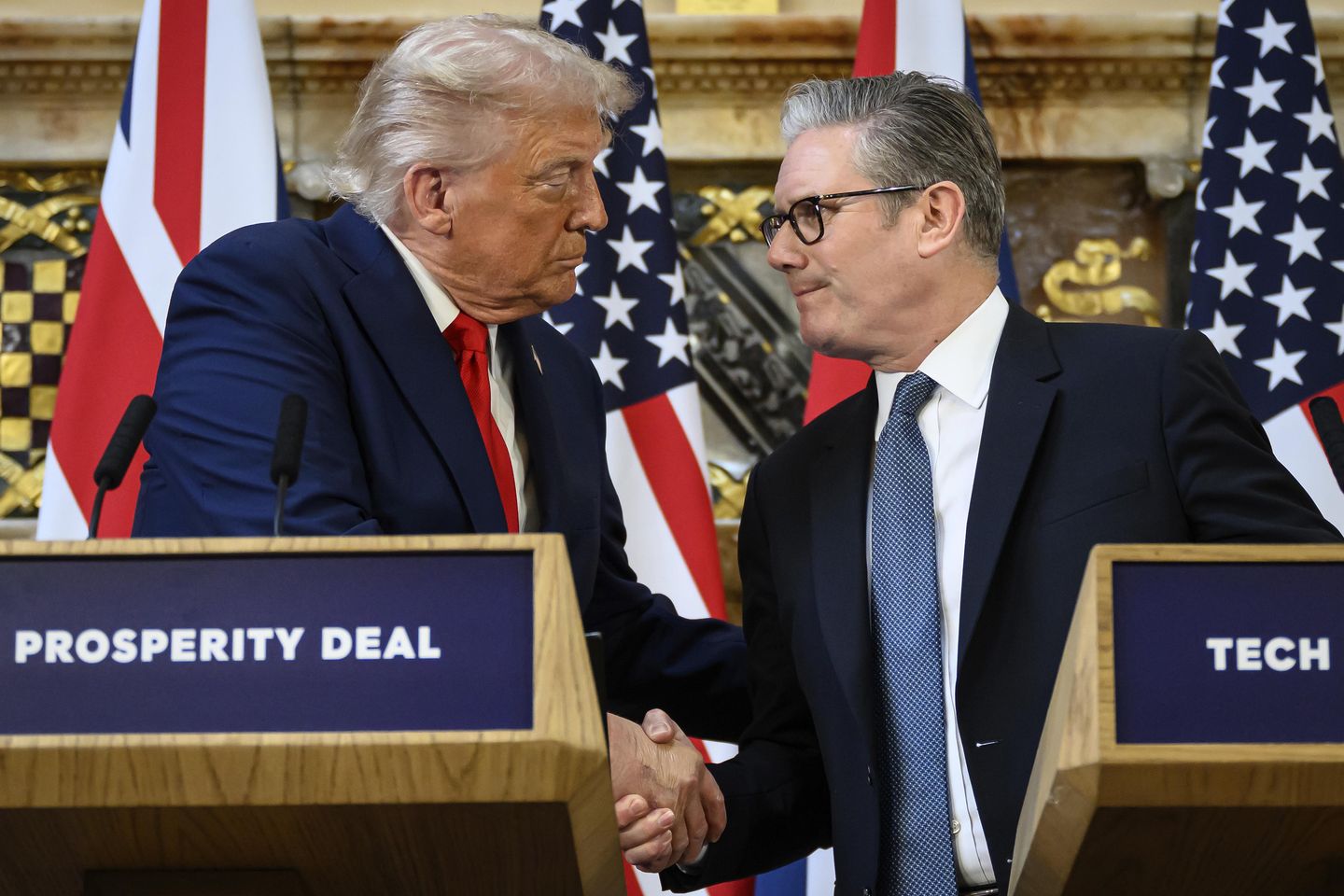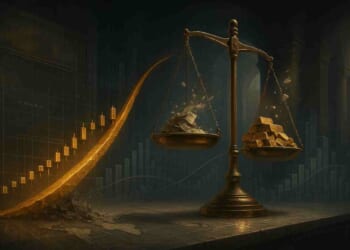
LONDON | The U.K., Australia and Canada formally recognized a Palestinian state on Sunday, prompting an angry response from Israel, which ruled out the prospect.
The coordinated initiative from the three Commonwealth nations and longtime allies reflects growing outrage at Israel’s conduct of the war in Gaza and the steps taken by the Israeli government to thwart efforts to create a Palestinian state, including by the continued expansion of settlements in the West Bank.
British Prime Minister Keir Starmer, who has faced pressure to take a harder line on Israel within his own governing Labour Party over the deteriorating situation in Gaza, said the U.K.’s move is intended “to revive the hope of peace for the Palestinians and Israelis.” He insisted it wasn’t a reward for Hamas, which was behind the attack on Oct. 7, 2023, in which the militants killed some 1,200 people and abducted 251 others.
“Today, to revive the hope of peace and a two-state solution, I state clearly as prime minister of this great country that the United Kingdom formally recognizes the state of Palestine,” Mr. Starmer said in a video message. “We recognized the state of Israel more than 75 years ago as a homeland for the Jewish people. Today we join over 150 countries who recognize a Palestinian state also.”
The moves by the three countries prompted Israeli Prime Minister Benjamin Netanyahu to say that the establishment of a Palestinian state “will not happen” while Hamas urged the international community to isolate Israel.
The U.K. announcement was widely anticipated after Mr. Starmer said in July that the U.K. would recognize a Palestinian state unless Israel agreed to a ceasefire in Gaza, allowed the United Nations to bring in aid and took other steps toward long-term peace.
More countries are expected to join the list recognizing a Palestinian state at the U.N. General Assembly this week, including France, which like the U.K., is one of the five permanent members of the Security Council. Portugal is set to do so as early as Sunday evening.
Israeli Prime Minister Benjamin Netanyahu blasted the three countries for proffering a “prize” to Hamas.
“It will not happen,” he said. “A Palestinian state will not be established west of the Jordan River.”
Mr. Netanyahu, who is set to give a speech to the General Assembly on Friday before heading to see U.S. President Trump at the White House, said he would announce Israel’s response after the trip.
Mr. Netanyahu has threatened to take unilateral steps, including the possibility of annexing parts of the West Bank, in response to world leaders’ recognition of a Palestinian state. Such a move would clear the way for Israel to deepen its control over the territory — and escalate tensions with the international community.
Hamas hailed the decision, calling it a “rightful outcome of our people’s struggle, steadfastness, and sacrifices on the path to liberation and return.” The Islamic militant group, which is sworn to Israel’s destruction, called on the world to isolate Israel.
Palestinian President Mahmoud Abbas, whose Palestinian Authority exercises limited autonomy in towns and cities in the West Bank, said the U.K. announcement is an important step toward achieving a “just and lasting peace in the region based on the two-state solution,” the official Palestinian news agency Wafa said.
The U.K. and France have a historic role in the politics of the Middle East over the past 100 years, having carved up the region following the defeat of the Ottoman Empire in World War I.
As part of that carve-up, the U.K. became the governing power of what was then Palestine. It was also author of the 1917 Balfour Declaration, which backed the establishment of a “national home for the Jewish people.”
However, the second part of the declaration has been largely neglected over the decades. It noted “that nothing shall be done, nothing which may prejudice the civil and religious rights” of the Palestinian people.
“It’s significant for France and the U.K. to recognize Palestine because of the legacy of these two countries’ involvement in the Middle East,” said Burcu Ozcelik, senior research fellow for Middle East Security at London-based Royal United Services Institute. “But without the United States coming on board with the idea of a Palestine, I think very little will change on the ground.”













